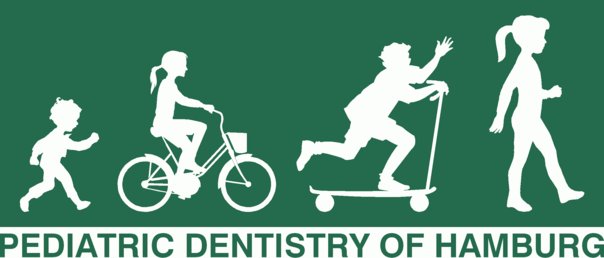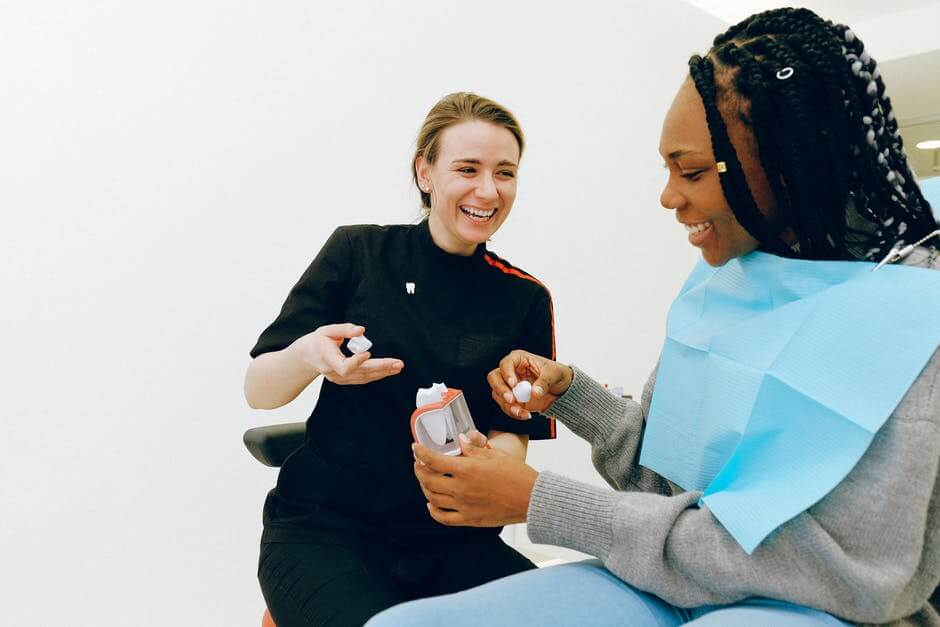About 13.2% of children have untreated dental caries (cavities). Meanwhile, only 85.9% of children have visited a dentist in the past year. Waiting too long to visit the dentist could let small issues turn into major oral health problems.
Have you started asking yourself, “should I take my child to the dentist?” Chances are, the answer is yes! Here are five signs you shouldn’t wait to take your child to their Georgetown dentist.
After reading this guide, you can feel confident in knowing it’s time to visit your children’s dentist in Georgetown. You’ll have peace of mind knowing your child will receive the care they need right away.
Prioritize your child’s oral health this year. Read on to discover the five signs they need to visit their dentist today!
1. Sensitivity
Pay attention to the complaints your child has about their teeth and gums. Have they started complaining about sensitivity lately? It’s possible they’re developing a cavity.
Consider asking yourself, “does my child need to see the dentist” if they complain about sensitivity:
- While eating hot or cold foods
- When brushing or flossing
- Around a certain tooth
Make sure to schedule a check-up with their Georgetown dentist at least twice a year. Regular appointments will allow your dentist to spot signs of a cavity before one can develop.
Sometimes, sensitivity can impact one tooth or a few. Your child could also experience sensitivity after brushing their teeth too hard. Talk to your dentist about their oral health habits.
For example, your child might need to use a toothbrush designed for sensitive teeth.
It’s also possible that your child has started grinding your teeth. Your dentist might identify an alignment issue.
Consider your child’s diet as well. Do they often eat foods or drink beverages that are acidic? Acidic substances could cause sensitivity, too.
Otherwise, the sensitivity might indicate your child has a chipped tooth that’s leaving the dentin exposed. It’s possible your child is experiencing decay as well.
Your dentist can pinpoint the root cause of your child’s sensitivity before determining the best course of action.
2. Pain
Your child might experience tooth pain at any age. Pain might impact their ability to speak, eat, or focus. If they’re struggling to chew, they might not maintain a healthy diet.
They could struggle to consume the nutrients they need to grow as a result.
If your child complains that they’re in pain, check for a fever. Look for facial swelling, too. If these symptoms sound familiar, visit your children’s dentist in Georgetown right away.
Otherwise, ask your child where they’re experiencing pain. Consider how long their tooth has hurt, too. Look for any signs of damage or dental decay.
Your child might experience pain due to:
- New teeth
- Diet
- Sinus problems
- Cracked or chipped teeth
- Fillings
- Improper brushing techniques
- Dental decay
It’s possible your child has a cavity or misaligned teeth. If their teeth aren’t aligned properly, they might start grinding their teeth. Grinding can wear down their protective enamel, leading to decay.
Tooth decay is one of the most common diseases that affect children in the US. About one in five children between the ages of 5 and 11 has at least one untreated decaying tooth. About 1 in 7 children between the ages of 12 and 19 have a decayed tooth.
If you think your child has a decaying tooth, call their dentist right away.
3. Swollen Gums
Sometimes, the problem involves your child’s gums, not their teeth.
Check your child’s gums to determine if they’re swollen, bleeding, or red. It’s possible your child has gum disease. Gum disease can develop if they’re not brushing and flossing properly.
Foot particles can get caught between your child’s teeth. Plaque, a sticky substance, can form. Over time, plaque can harden into tartar.
If your child has gingivitis (gum disease), they might experience:
- Swollen, puffy, or red gums
- Gums that bleed when they brush or floss
- Tender gums
- Receding gums
- Bad breath
If your child experiences these symptoms, call their children’s dentist in Georgetown right away. Schedule an appointment to treat their gingivitis. Otherwise, gingivitis could progress to periodontitis.
They might experience worse symptoms as a result.
4. Bad Breath
Your child’s bad breath could indicate a problem, too. Does their breath stink, even after they brush and floss? If they’re brushing twice a day, make sure they’re flossing thoroughly as well.
Otherwise, food could get trapped between their teeth, causing foul odors and tooth decay.
Bad breath might also point to a disease or infection. For example, your child might have a sinus infection.
Check their tonsils, too. If their tonsils look inflamed, it could cause bad breath.
Talk to your Georgetown dentist right away. They can help you determine the root cause of your child’s bad breath.
5. White Specks
If you’re still asking yourself, “does my child need to see the dentist,” check their teeth again.
Look for any brown or white spots on the surface of your child’s teeth. Are they complaining of pain and sensitivity as well? These symptoms could indicate that a cavity is starting to form on your child’s tooth.
Schedule an appointment with your children’s dentist in Georgetown as soon as possible.
Visiting the dentist immediately could ensure the tooth decay doesn’t get the chance to progress. You can help your child avoid the painful process of treating a cavity before it fully forms.
Remember to ensure your child is brushing and flossing their teeth right away. Keeping up with their oral hygiene could help them avoid future cavities.
Sweet, Shiny Smiles: 5 Signs Your Child Needs to Visit Their Georgetown Dentist
If your child is complaining of tooth pain or sensitivity, don’t wait to call for help. These five issues are only a few signs your child needs an appointment. Consider calling your Georgetown dentist right away.
Regular visits can ensure your child’s teeth grow properly while limiting the risk of oral health issues.
Ready to schedule your child’s next appointment? We can’t wait to see you.
Contact us today to get started.


Recent Comments